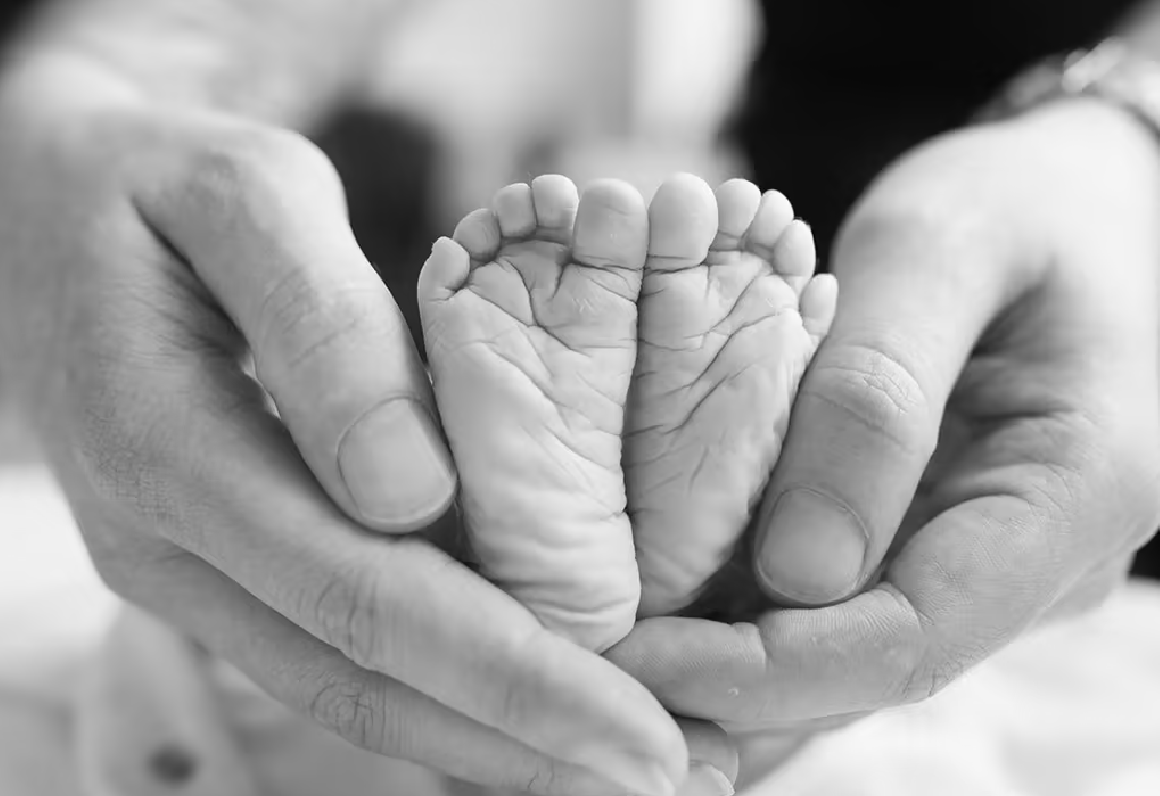Best Gynecologist in Mylapore, Chennai
Reject Myths and Embrace Science to Minimize Risks of Recurrent Pregnancy Loss

The joy of a young expectant mother was short-lived when her pregnancy ended spontaneously, just a few weeks after the conception. Even as she was struggling to cope up with her pregnancy loss, a senior colleague opined that it must be because of wrong food choices. This casual remark stuck with her. By the time she was pregnant a few months later, she had already become a strict vegetarian. She avoided oily foods - even gave up tea, her most favorite drink.
But the lady suffered abortion again. Upset, she groped for reasons, and finally convinced herself that the strenuous daily commutes to office, and the strain of climbing stairs at her apartment were her terrible mistakes. So, she avoided travels and restricted movements to the bare minimum, while she was conceived next. But what she dreaded the most happened again: she had a miscarriage for the third time in a row. The lady now lost all her faith and interest in reasoning. She accepted that it was all her fate.
Pregnancy loss largely remains a mystery even to science. We know that 15-20% of the pregnant women carry the risk of recurrent miscarriage, the case of two or more pregnancy losses prior to 20 weeks of conception. But 70% of the time we do not know what exactly the underlying causes are. Sometimes nature itself can abort, taking into account the health of the mother. But there is zero science in attributing miscarriage to things like oily or non-veg food, travel, and climbing stairs. They are simply myths.
Scientifically well-established reasons for recurrent pregnancy loss (that is, the remaining 30% part where everything is black and white) form a big list. The risk factors include hormonal imbalances (such as hyper or hypothyroid), uncontrolled blood pressure and sugar, genetic problems (either in the baby or the parents), uterine anomaly, and thrombosis (the condition of blood clots blocking veins or arteries). And there are tests that can accurately diagnose these risk factors. When someone is diagnosed with a risk factor, it becomes easy to circumvent or eliminate it. For instance, if we find that there are uterine anomalies, we know both: the complications they can lead to, and the steps for saving the pregnancy.
Usually, no specialized tests are required when pregnancy is lost for the first time. They are required only when it occurs more than two times. The tests are recommended based also on the period of pregnancy: whether it is the first, the second or the third trimester.
Some of the specialized tests include hysteroscopy, karyotype, Preimplantation Genetic Testing, and fetal autopsy. Hysteroscopy is done to examine the inside of the uterus. It's carried out using a hysteroscope, a narrow telescope with a light and camera at the end. Hysteroscopy can find whether there are any uterus anomalies that can lead to miscarriages.
A karyotype test involves examining tissues of fetus to find out genetic disorders or chromosomal defects that can cause miscarriages. Preimplantation Genetic Testing is used to examine embryos during in-vitro fertilization for a range of genetic defects - say, a missing or an extra chromosome in the embryo that can cause pregnancy loss and birth defects. Fetal autopsy is necessary to determine the cause of fetal death, and the factors that may have had a role in it - besides the extent and cause of malformations.
Many parents are reluctant to go for tests. They may think that they are unnecessary - for some, tests are a taboo subject. There are parents who regard consenting to fetal autopsy as a sin. On the contrary, these tests go a long way in helping save lives by avoiding pregnancy loss and the unnecessary trauma that follows. Only with accurate diagnosis is it possible for us to give proper counselling and an appropriate plan for a subsequent pregnancy.
By: Dr V. Bharathi
Gynecologist & Infertility specialist,
Medical Director, Bharati Fertility Center


